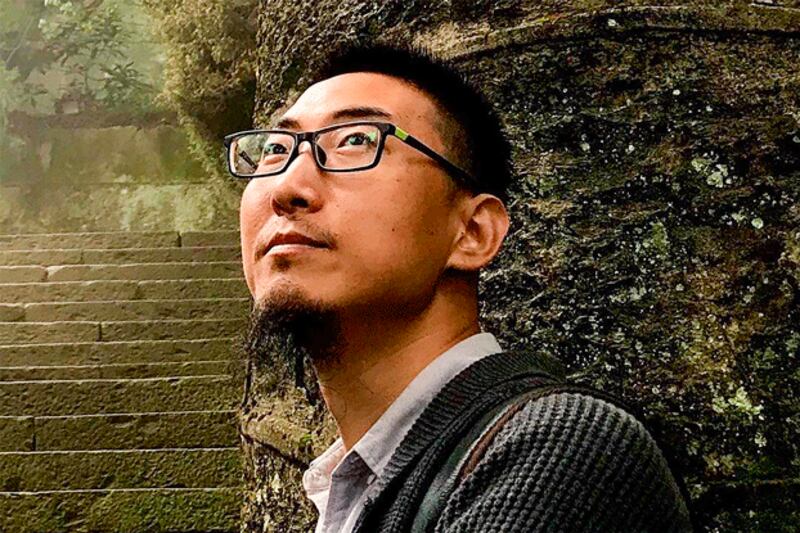[ Read RFA coverage of this story in Chinese. Opens in new window ]
A court in the southern Chinese province of Guangdong has secretly rejected an appeal from feminist journalist Sophia Huang against her five-year jail term for "incitement to subvert state power," upholding the previous court's judgment, her lawyer said.
"I was shocked to learn that [on the morning of Sept. 10] the Guangdong High People's Court rejected her appeal and upheld the original verdict," Huang's defense attorney Xu Kai said in a statement posted to the Weiquanwang rights website and the "Free Sophia Huang and Wang Jianbing" campaign on X.
The campaign works to highlight Huang's case, and that of labor activist Wang Jianbing, who was handed a three-year, six-month jail term alongside her, also for " incitement to subvert state power."
In a statement relayed by the campaign to its X account, Huang, also known as Huang Xueqin, called the decision "hasty and unfair," likening her situation to the prison-break movie "The Shawshank Redemption."
"I was very surprised to receive such a hasty and unfair verdict, especially knowing that my lawyer had made so much effort, submitted new evidence, and applied for witnesses to appear in court," she said in a Sept. 13 statement.
"This verdict doesn't just ignore the facts, but also maliciously speculates, deliberately misinterprets, confuses right and wrong, and is even self-contradictory," she said. "I do not accept it."
Huang said she was paying a heavy personal price, but had no regrets.
"Because of your love and support, which kept me surrounded by a force field and able to maintain some of the spark in my soul, I haven't been crushed into little pieces by the powerful machinery of state," she said in a statement posted by the Weiquanwang rights website on Sept. 15, following a visit from her lawyer Xu Kai.

"I often think of a line from 'The Shawshank Redemption' about refusing to become numb and passive in prison," she said. "I also keep refusing to obey and be disciplined. I will hold my head high, my feet strong, my bones full of energy, love in my heart, light in my eyes, and wear the clothes of freedom."
'Serious procedural violation'
Lawyer Xu Kai said he had been misled by the presiding judge, who neglected to tell him the decision had already been made when they spoke about the appeal process.
"I was very angry ... because I had submitted three additional witness testimonies to the court as fresh evidence, and applied for these witnesses to be allowed to testify in court," Xu said in the Sept. 13 statement, adding that he had called the presiding judge and asked for a retrial.
"Judge Wu Jun told me that the witness testimony and the application for appearance in court had been received, and the panel would consider them," Xu said. "He actually didn't tell me that the appeal had already been rejected."
Xu said the move was "a serious procedural violation," because China's criminal procedure law requires all judgments to be announced in public.
Wang's defense attorney Huang Simin said the judge had told him something similar, when he applied for the court to hear evidence in the appeal.
"I learned this morning that they went ahead and upheld the original verdict without telling anyone," Huang said. "I condemn the Guangdong High People's Court for its blatantly illegal handling of this case."
Xu said Huang and Wang's jailing was a "hugely important" case that had attracted international attention, and called on the Guangdong judiciary to take steps to "correct" the handling of the case.
Translated by Luisetta Mudie. Edited by Roseanne Gerin.
